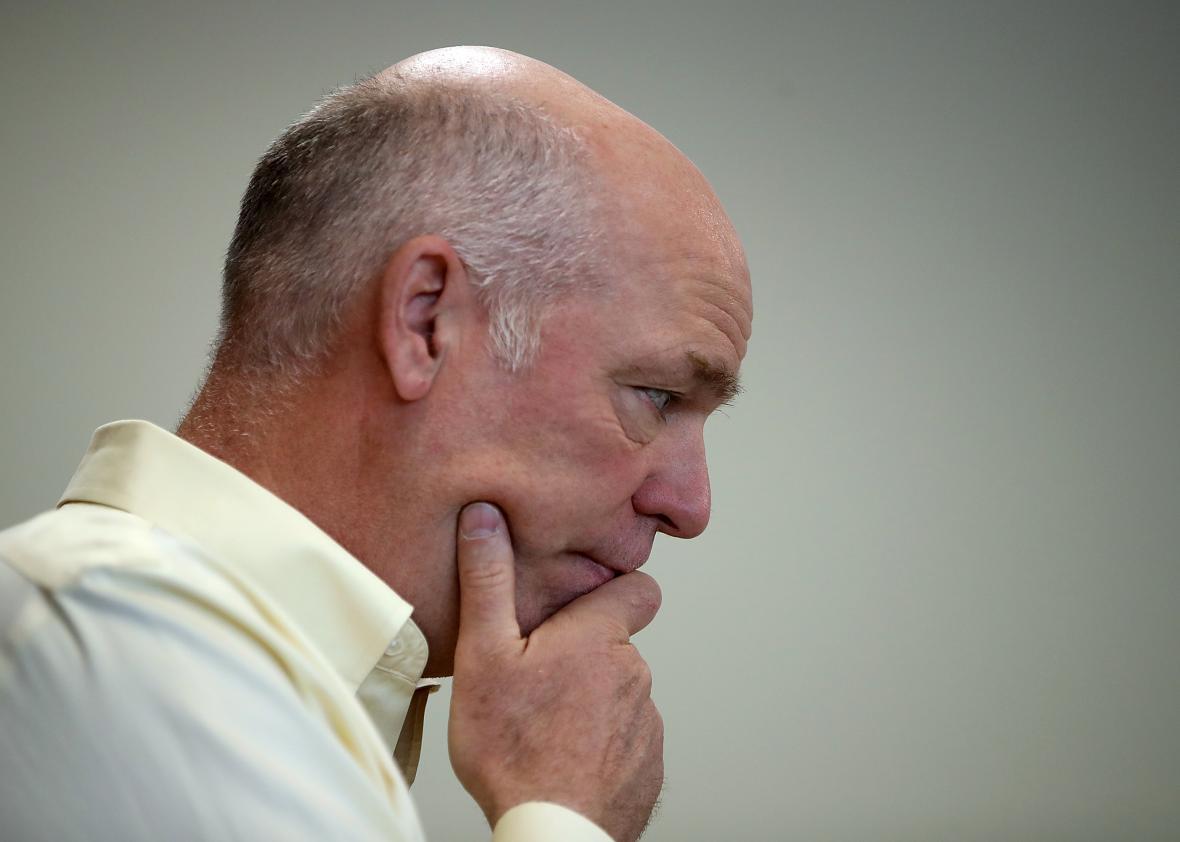Regardless of who ultimately wins Montana’s special election on Thursday, observers are sure to figure Republican candidate Greg Gianforte’s assault of a reporter on election eve into their analysis. Certainly, the incident could well have an impact on late voting. But no one should draw the conclusion that Montana voters shrugged about the alleged bodyslam if Gianforte wins, or assume that Quist wouldn’t have had a prayer without it if Gianforte loses.
As FiveThirtyEight’s Harry Enten pointed out on Thursday morning, as many as two-thirds of the state’s ballots may have already been cast early. It’s true that the assault could make a difference on remaining voters, but the important thing is that the race was always going to be close. Internal GOP polls reportedly showed that Gianforte led by only 2 to 4 points in the race’s closing days. If those numbers are reflected in the final outcome, that would be a big deal. As Enten wrote:
The state hasn’t elected a Democrat to the House since Pat Williams won re-election in 1994, and Zinke won re-election by 16 points in 2016. Indeed, there are 120 other Republican-held House districts that lean more Democratic than Montana. Even a close Gianforte win (say, by 10 points or less) would be consistent with a national environment that heavily favors Democrats. A Gianforte loss would likely set off panic among Republicans and signal to them that being associated with Trump (as Gianforte has tried to be) is toxic. Trump’s approval rating in ruby red Montana is probably under 50 percent, and it’s even worse nationally.
If Gianforte wins by only a small margin or loses, it would be consistent with the three previous special election results so far this year. While Republicans haven’t lost a race that a House Republican won in 2016, the Democratic candidates have, on average, outperformed expectations by 16 points.
Gianforte’s attack and the response to it will indeed say much about this particular moment in American—and especially Republican—politics. But, with a large majority of the votes already cast, its significance to the actual final tally should not ultimately be overstated. It would be a shame if this one bizarre incident overshadowed the deeper dynamics behind what could well be a bellwether race.
